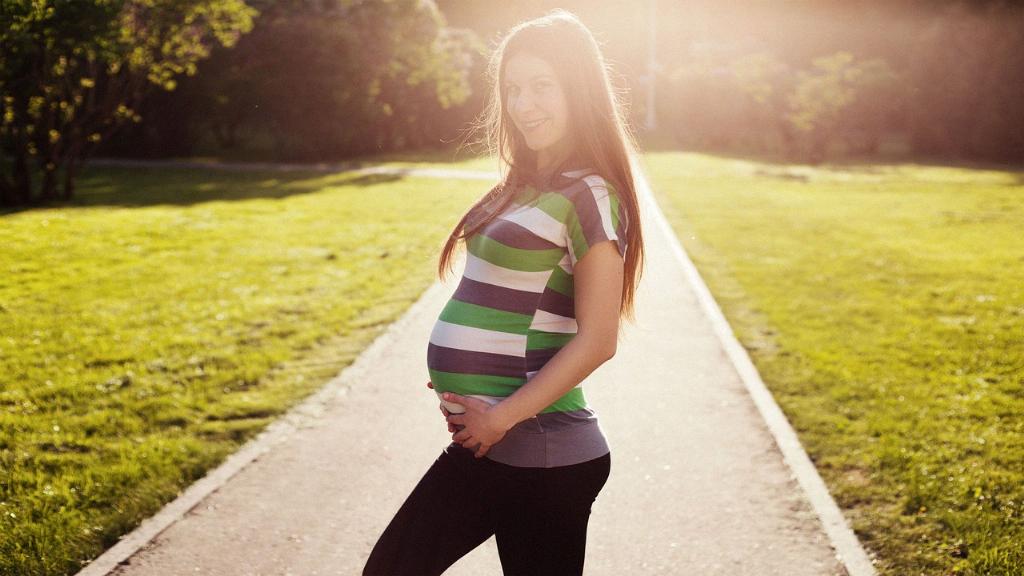When it comes to taking a pregnancy test at 10 days past ovulation (DPO), many individuals may wonder if receiving a negative result is normal. At this early stage, the body may not have produced enough human chorionic gonadotropin (hCG) hormone, which is what pregnancy tests detect, leading to a false negative result. It’s essential to consider various factors when interpreting the outcome of a pregnancy test at 10 DPO.
Timing and Accuracy of Pregnancy Tests
Pregnancy tests are designed to detect hCG levels in urine or blood. While some tests claim to be sensitive enough to provide accurate results before a missed period, the accuracy of a test at 10 DPO may vary. Waiting until closer to when your period is due can increase the likelihood of receiving a reliable result.
Factors Influencing Test Results
Several factors can impact the accuracy of a pregnancy test at 10 DPO. These include the sensitivity of the test, the concentration of hCG in your body, the timing of implantation, and individual variations in hormone levels. It’s crucial to consider these factors when interpreting a negative result.
The Importance of Patience
While it can be tempting to take a pregnancy test early for peace of mind, waiting a few more days can provide more accurate results. Understanding that hCG levels rise rapidly in early pregnancy can help manage expectations and prevent unnecessary stress from false negative results at 10 DPO.
Emotional Considerations
Receiving a negative pregnancy test result can be disheartening, especially for individuals trying to conceive. It’s essential to balance the desire for immediate answers with self-care and emotional well-being. Remember that one negative test result does not definitively mean you are not pregnant.
Consulting with Healthcare Providers
If you continue to receive negative results after multiple tests or experience concerning symptoms, it’s advisable to consult with a healthcare provider. They can offer guidance, perform additional tests if necessary, and provide support throughout your reproductive journey.
Managing Expectations
Every individual’s body is unique, and pregnancy experiences can vary widely. Managing expectations and staying informed about the accuracy of pregnancy tests can help navigate the emotional rollercoaster that often accompanies the waiting period before confirming a pregnancy.
Considering Future Testing
If you receive a negative result at 10 DPO but suspect you may still be pregnant based on symptoms or other factors, waiting a few more days before retesting is recommended. Giving your body time to produce sufficient hCG can increase the likelihood of receiving a reliable result.
Support and Community
Joining online forums or seeking support from loved ones who have gone through similar experiences can provide comfort and camaraderie during the testing and waiting process. Sharing your journey with others can help alleviate some of the stress associated with fertility testing.
Self-Care and Mental Health
It’s crucial to prioritize self-care and mental health while navigating the uncertainties of early pregnancy testing. Engaging in activities that bring you joy, practicing mindfulness, and seeking professional help if needed are all essential components of maintaining emotional well-being throughout this process.
Conclusion
In conclusion, receiving a negative pregnancy test result at 10 DPO is not uncommon due to the early stage of pregnancy and variations in hormone levels. It’s important to consider the timing of testing, manage expectations, seek support when needed, and prioritize self-care throughout the fertility journey. Remember that every individual’s path to pregnancy is unique, and staying informed and emotionally resilient can help navigate the ups and downs of the testing process.

